Unveiling your Unique Brand Identity – Post #6
Hey, everyone! Welcome back to my mini-branding blog series! If you missed the last post, you can get caught up here (and don’t forget to check out the freebies in each post!)
Let’s back to it, shall we?
In today’s digital age, having an online presence is non-negotiable for opera singers and music artists. However, simply having a website or social media profile isn’t enough. To truly stand out and connect with your audience, you need a strategic approach to your content. This post will dive into effective content strategies that will help you optimize your online presence.
The Importance of Content Strategy for Opera Singers and Music Artists
A well-crafted content strategy can:
- Boost Your Visibility: By consistently sharing relevant and engaging content, you can increase your visibility online.
- Engage Your Audience: Quality content fosters engagement and builds a loyal audience.
- Showcase Your Expertise: Demonstrating your knowledge and skills through content helps establish you as an authority in your field.
1. Define Your Content Goals
Before you start creating content, it’s important to define what you want to achieve. Common goals might include:
- Increasing Audience Engagement: Encouraging more likes, shares, and comments on your posts.
- Building a Fanbase: Growing your follower count and email list.
- Showcasing Your Talent: Highlighting your performances, recordings, and achievements.
- Educating Your Audience: Providing valuable information related to your niche (e.g., vocal techniques, music history).
Exercise: Set Your Content Goals
- List three primary goals for your content.
- For each goal, write down specific, measurable objectives (e.g., “Increase Instagram followers by 20% in the next three months”).
2. Identify Your Target Audience
Understanding your audience is crucial for creating content that resonates with them. Consider factors such as:
- Demographics: Age, gender, location, etc.
- Interests: What are their hobbies and passions?
- Needs and Pain Points: What challenges do they face that you can address?
Exercise: Create Your Audience Persona
- Describe your ideal audience member (e.g., “Aspiring opera singers aged 18-30 who are looking for tips on vocal technique”).
- Identify their key characteristics and preferences.
3. Develop a Content Plan
A content plan helps you stay organized and ensures that you’re consistently delivering value to your audience. Key elements of a content plan include:
- Content Types: Determine what types of content you will create (e.g., blog posts, videos, social media posts, newsletters).
- Content Calendar: Plan your content in advance to maintain a consistent posting schedule.
- Content Themes: Identify recurring themes or topics that align with your brand (e.g., “Behind the Scenes,” “Performance Highlights,” “Vocal Tips”).
Exercise: Create Your Content Calendar
- Choose a platform (e.g., Google Calendar, Trello, or a physical planner).
- Plan out your content for the next month, including specific topics and publishing dates.
4. Craft Engaging Content
To capture and retain your audience’s attention, your content should be:
- Relevant: Address topics that are of interest to your audience.
- Authentic: Share personal stories and experiences that reflect your unique voice.
- High-Quality: Ensure your content is well-written, visually appealing, and professionally produced.
Exercise: Content Creation Checklist
- Before publishing, ask yourself: Is this content relevant to my audience? Does it reflect my brand voice? Is it polished and professional?
- Use tools like Grammarly for writing and Canva for design to enhance the quality of your content.
5. Promote Your Content
Creating great content is only half the battle; you also need to promote it effectively. Consider these strategies:
- Social Media: Share your content across your social media platforms with engaging captions and relevant hashtags.
- Email Marketing: Send your content to your email subscribers with personalized messages.
- Collaborations: Partner with other artists or influencers to expand your reach.
Exercise: Develop a Promotion Strategy
- List the platforms where you will promote your content.
- For each platform, outline specific tactics (e.g., “Post new blog articles on Facebook with eye-catching images and relevant hashtags”).
6. Analyze and Adjust
Regularly reviewing your content performance helps you understand what works and what doesn’t. Key metrics to track include:
- Engagement: Likes, shares, comments, and direct messages.
- Traffic: Website visits, page views, and bounce rate.
- Conversions: Email sign-ups, course enrollments, or product sales.
Exercise: Review Your Content Performance
- Use analytics tools (e.g., Google Analytics, Instagram Insights) to track your content’s performance.
- Identify trends and make adjustments to your content plan based on your findings.
Conclusion and Call to Action:
Optimizing your online presence with effective content strategies can make a significant difference in how you connect with your audience and grow your brand. By defining your goals, understanding your audience, and consistently delivering high-quality content, you can build a strong and engaging online presence.
Stay tuned for our next post in the “Unveiling Your Unique Brand Identity” series, where we’ll explore the power of email marketing for opera singers and music artists. Don’t forget to download my free Social Media Branding Checklist to help you get started on your journey to a cohesive and compelling online presence.
Chat soon!
Brie xo


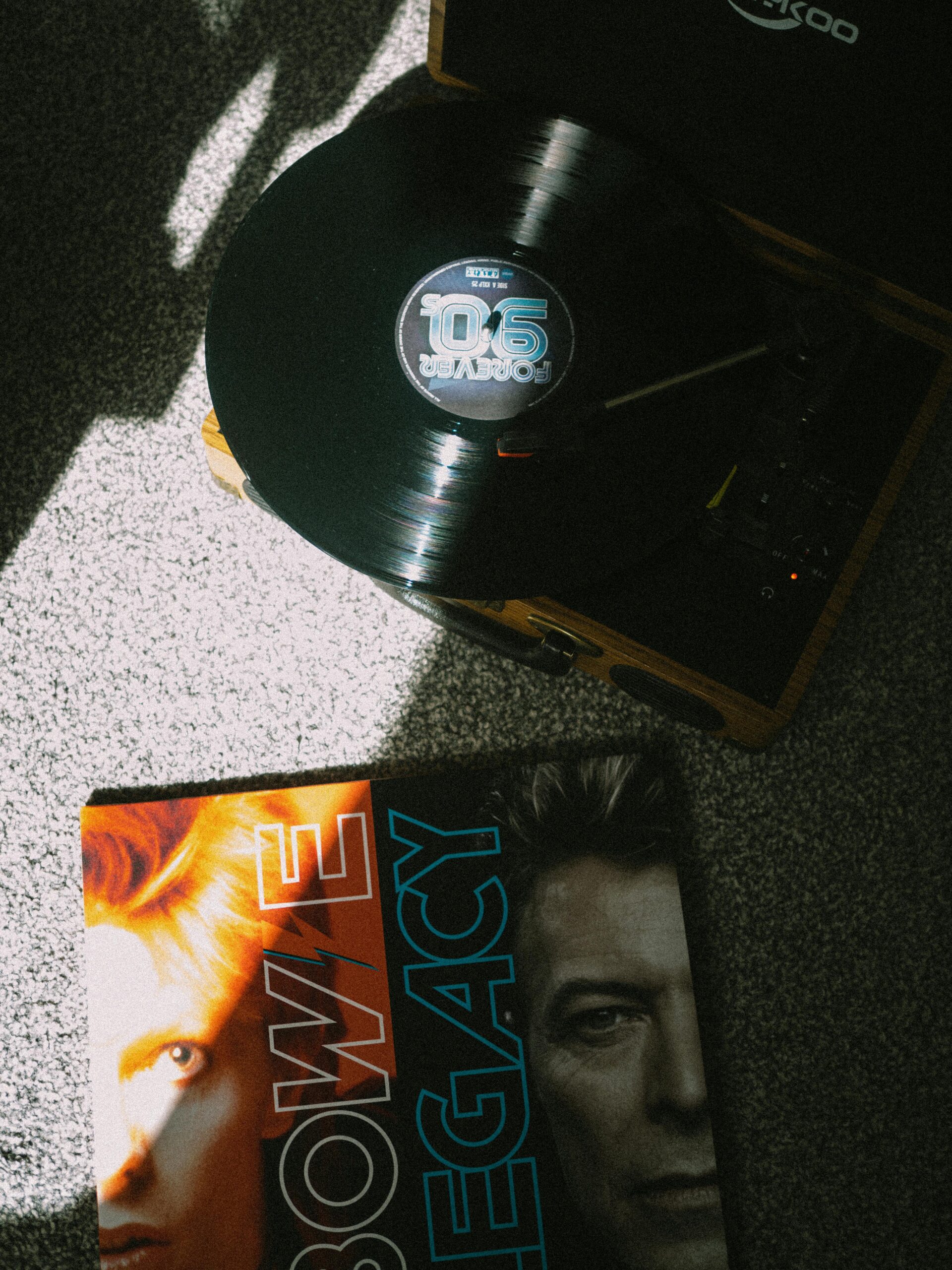








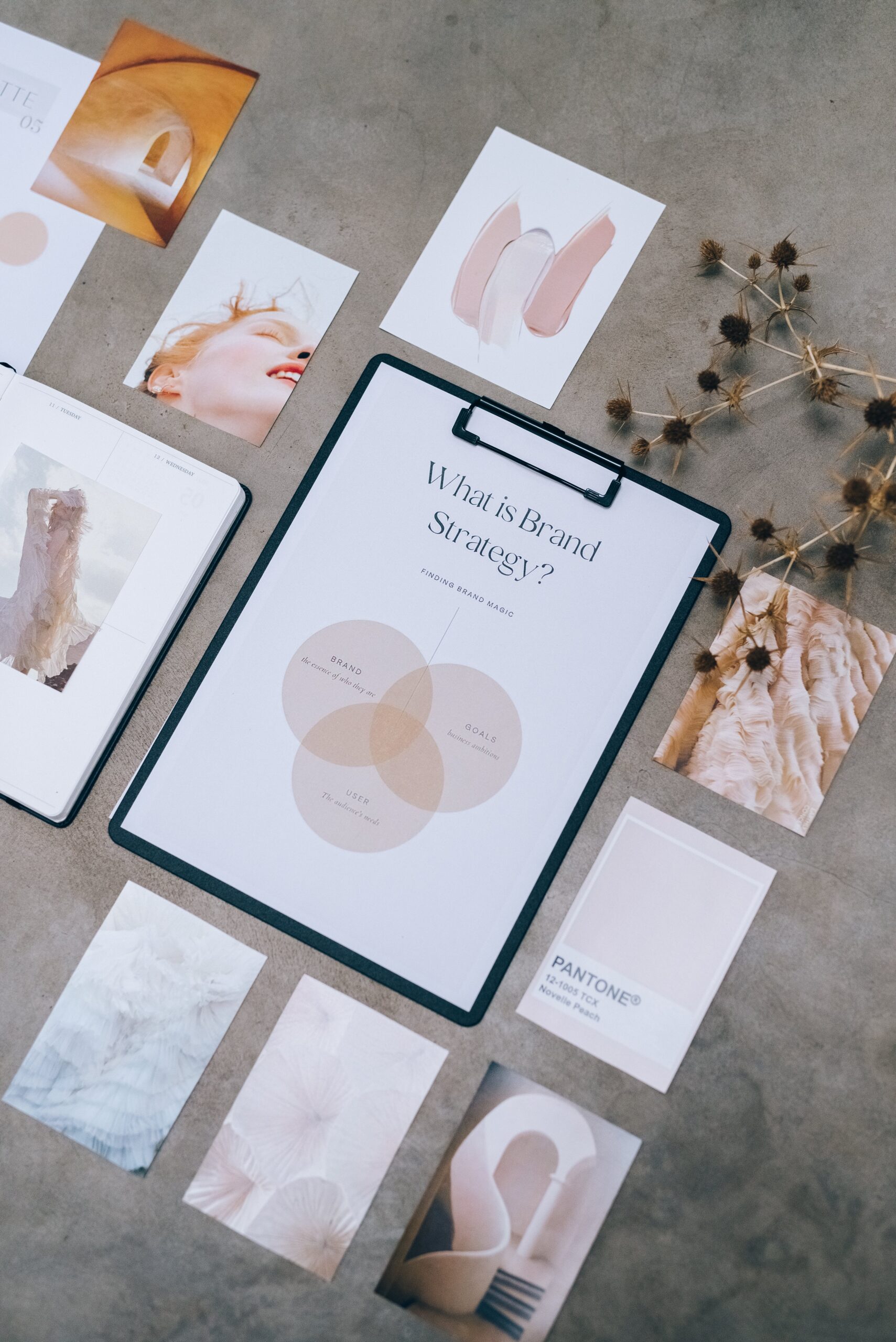




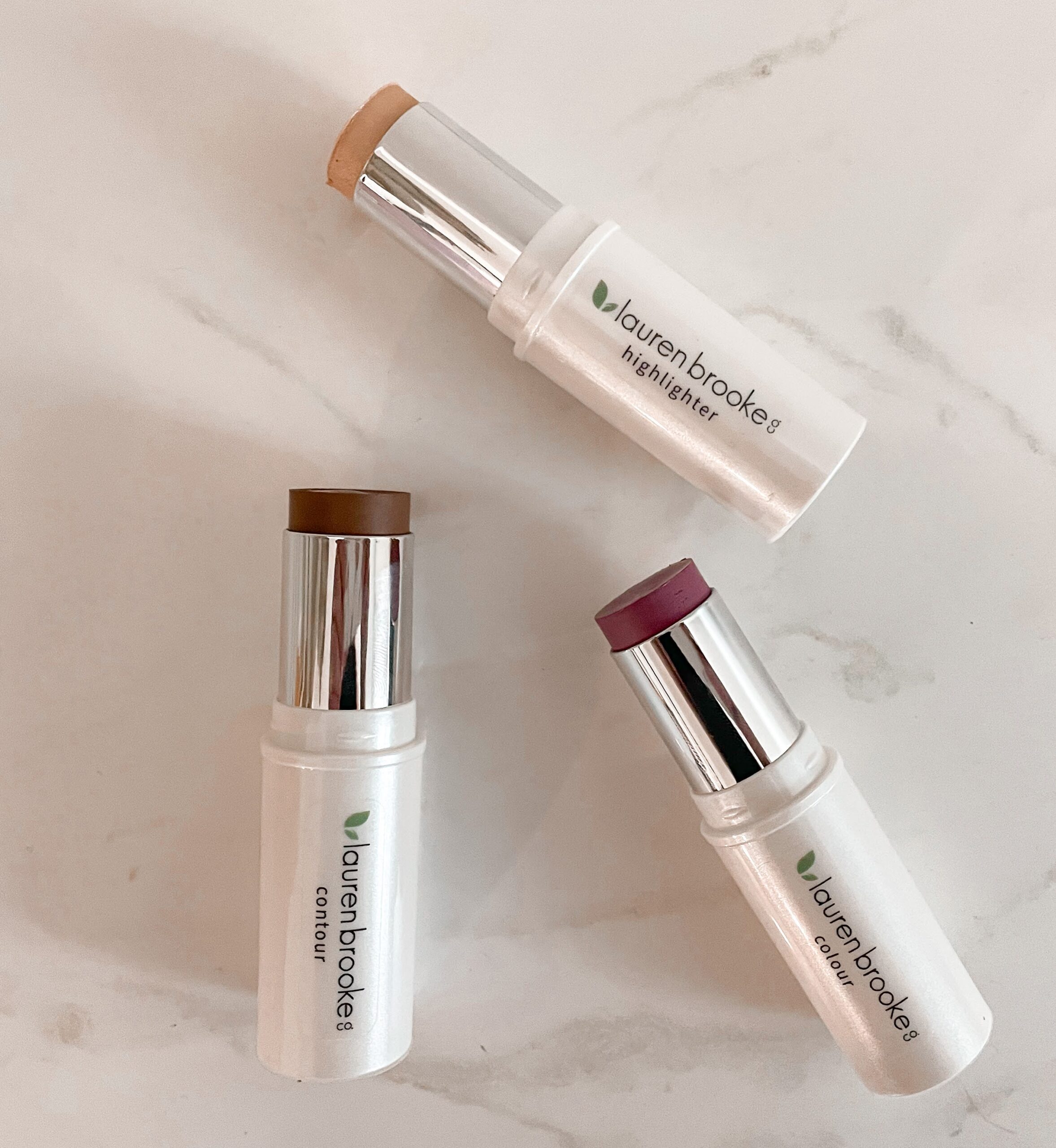
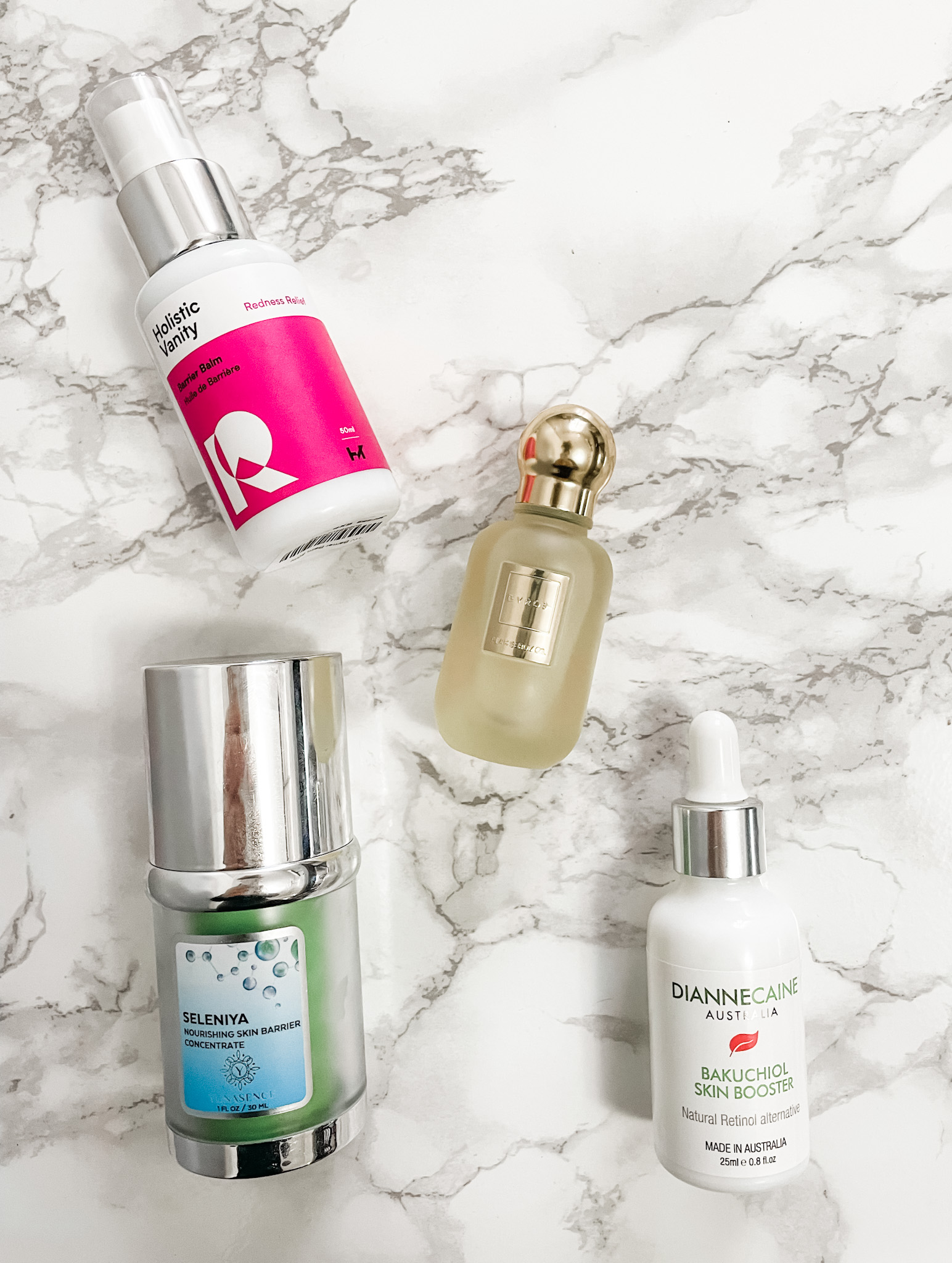


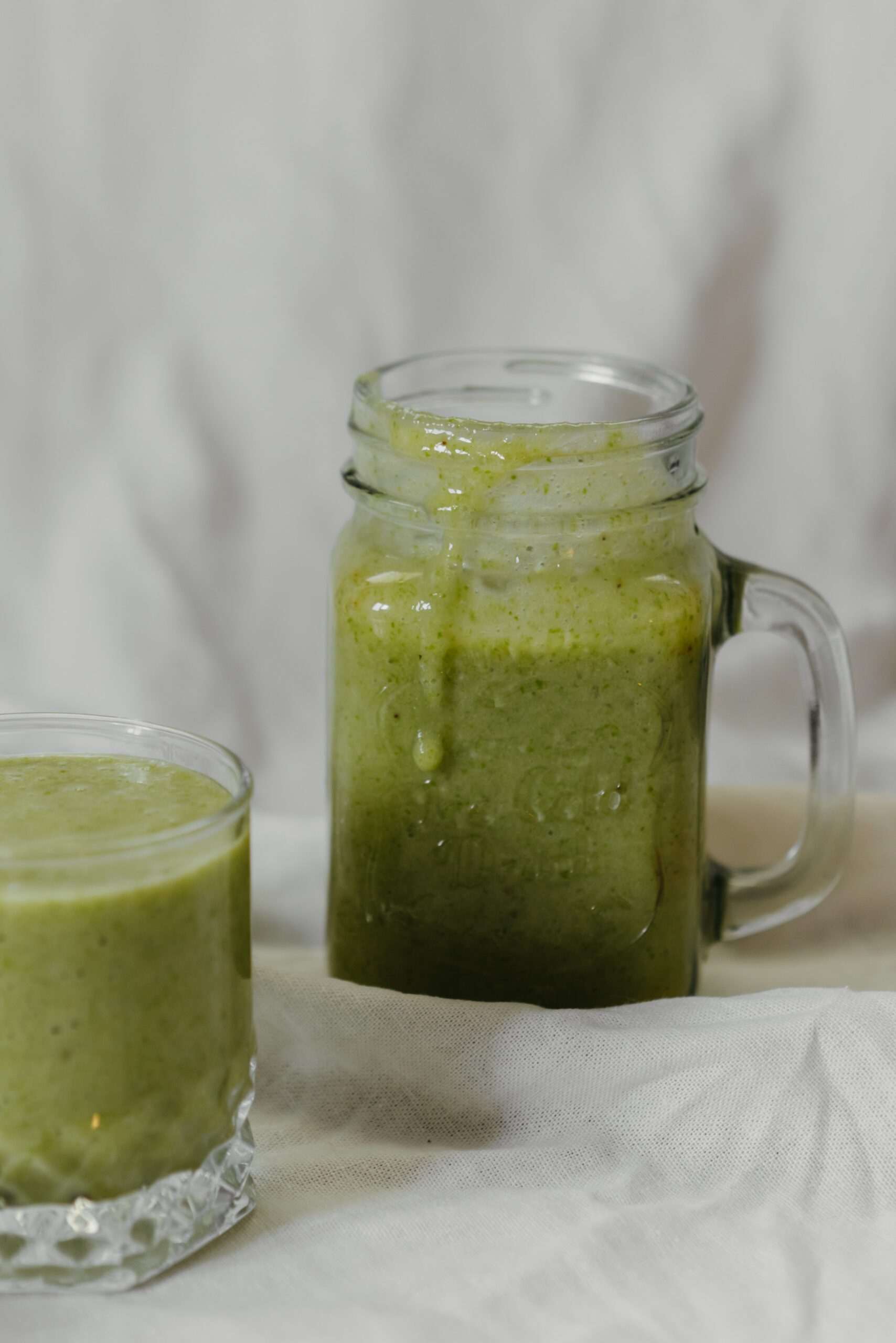




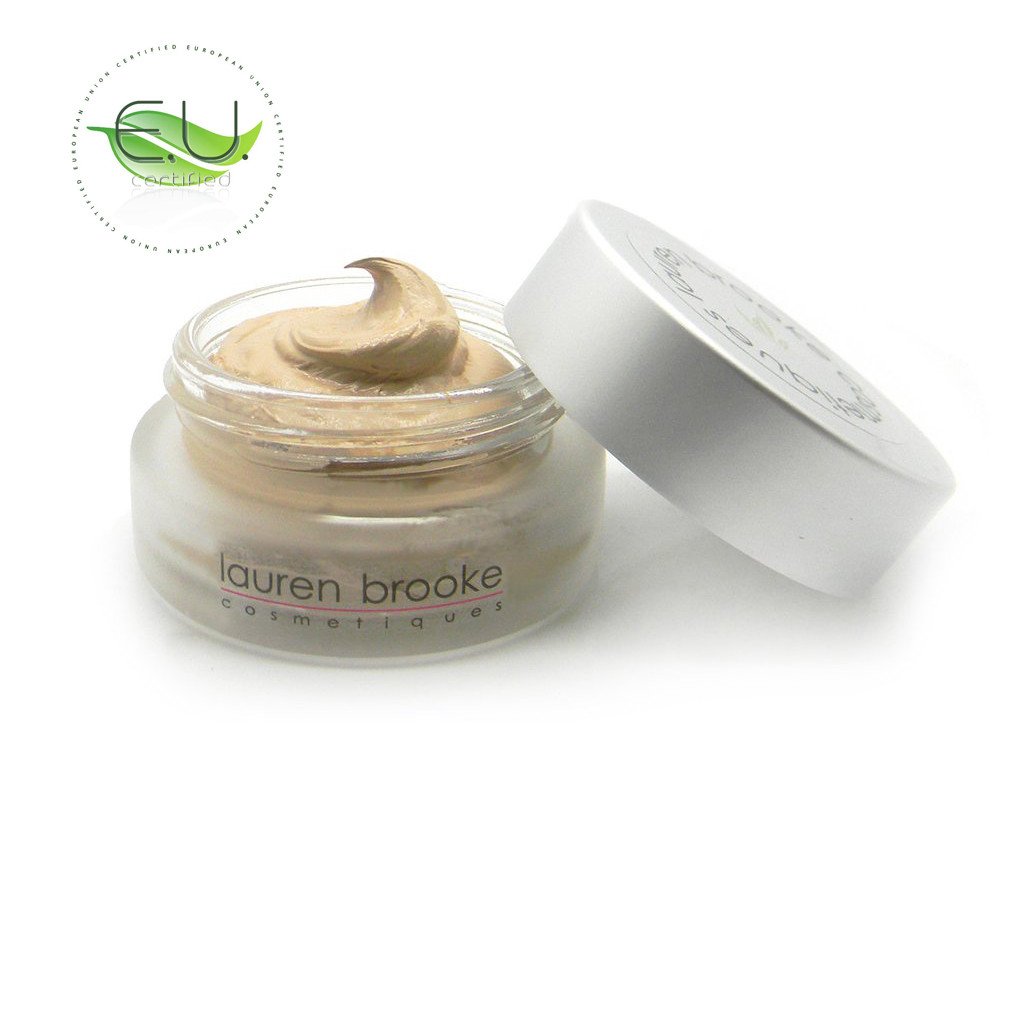

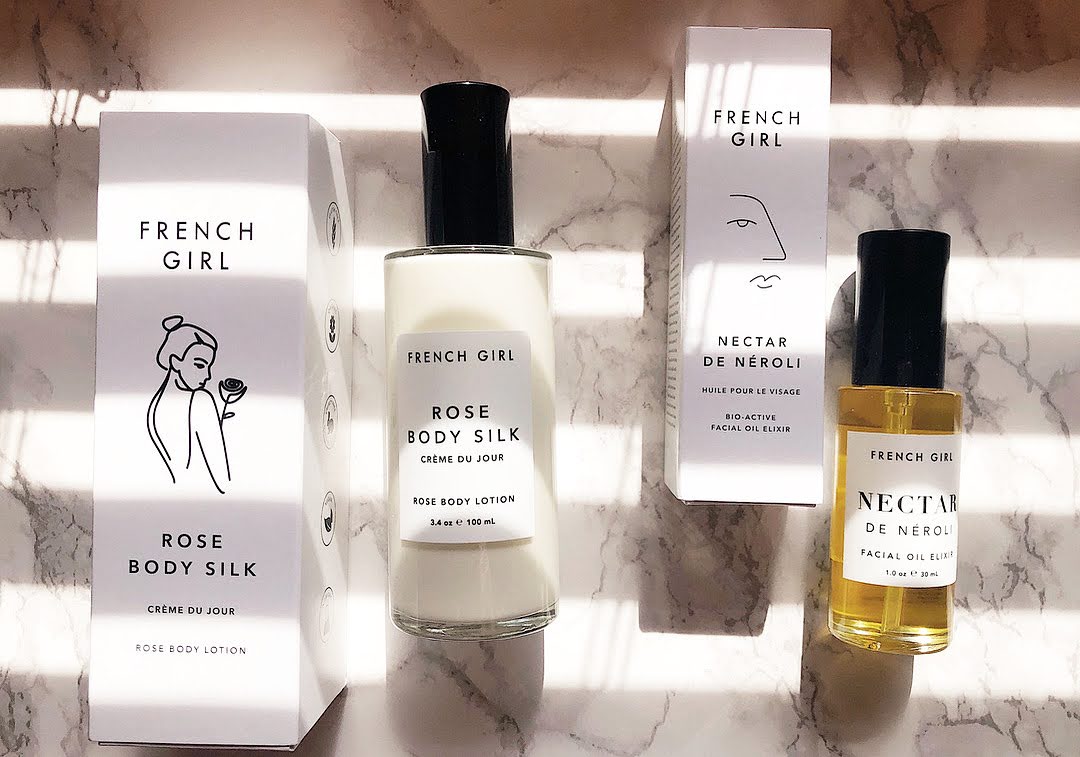

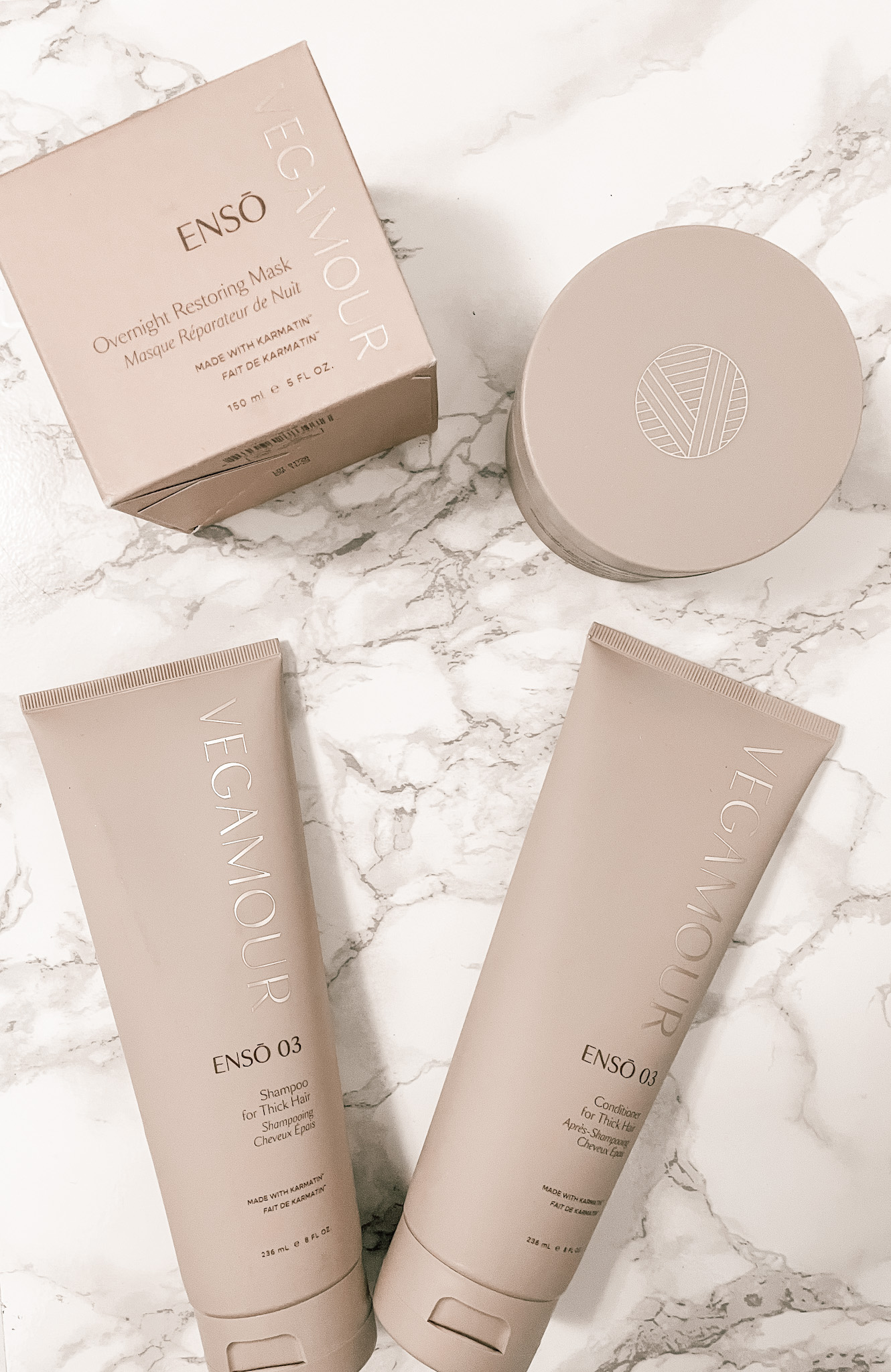

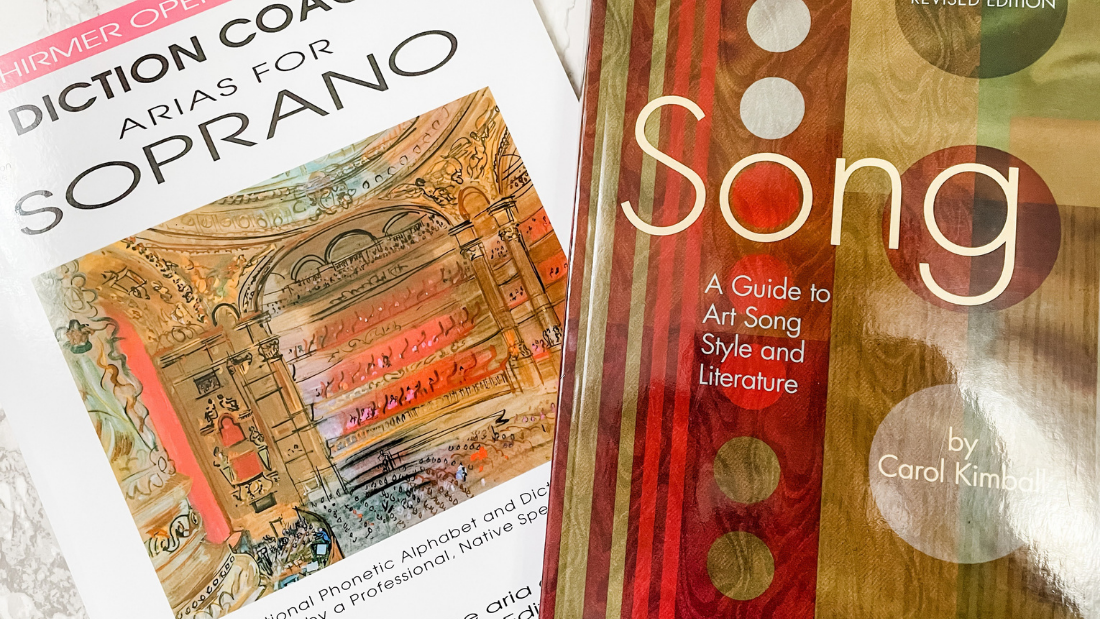







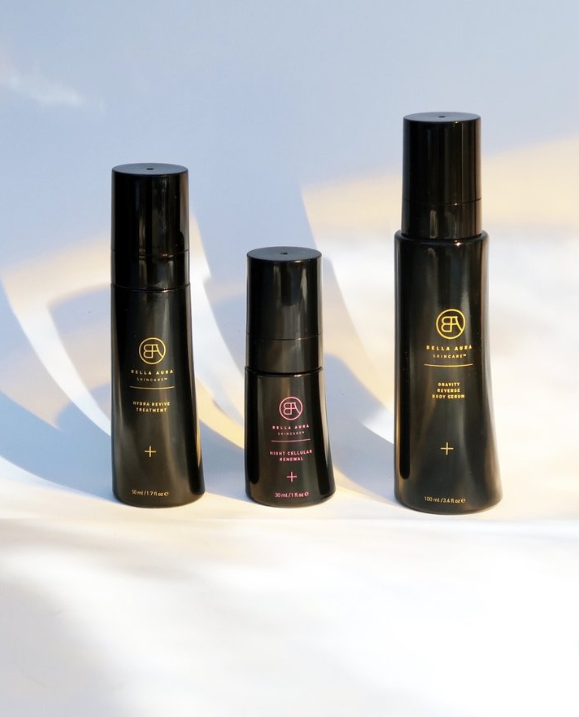




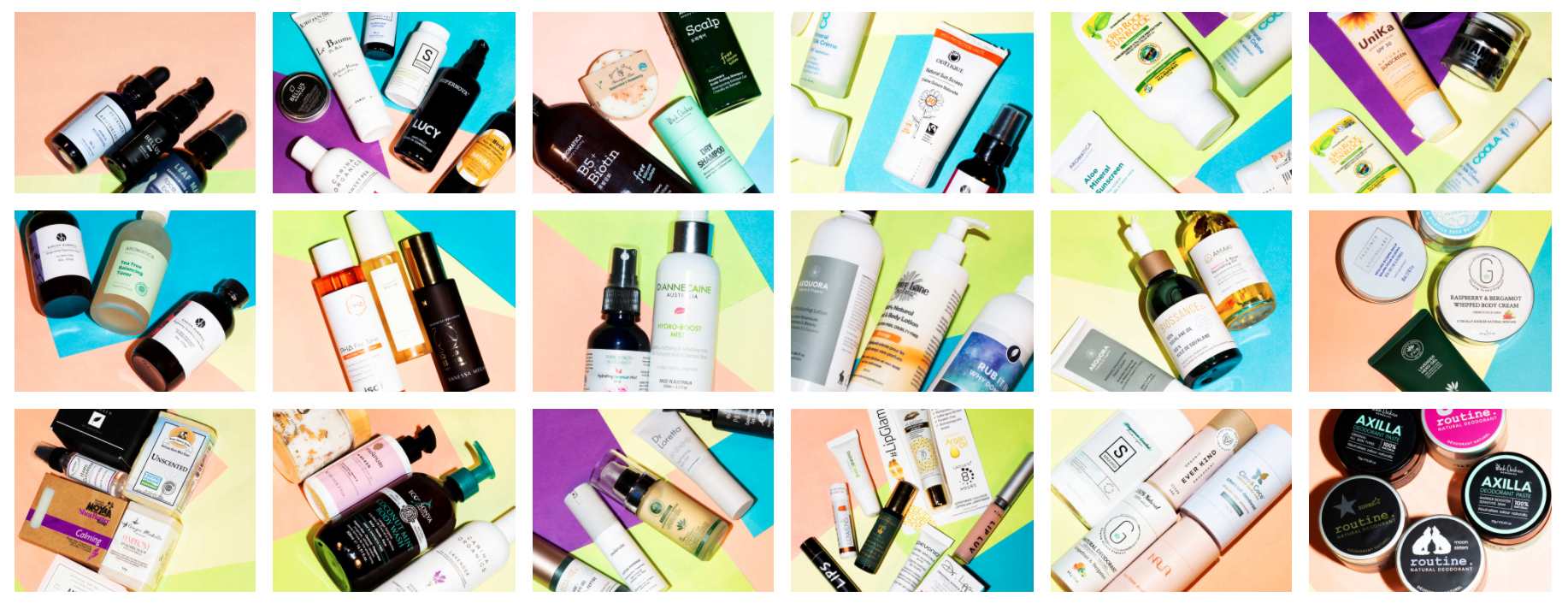



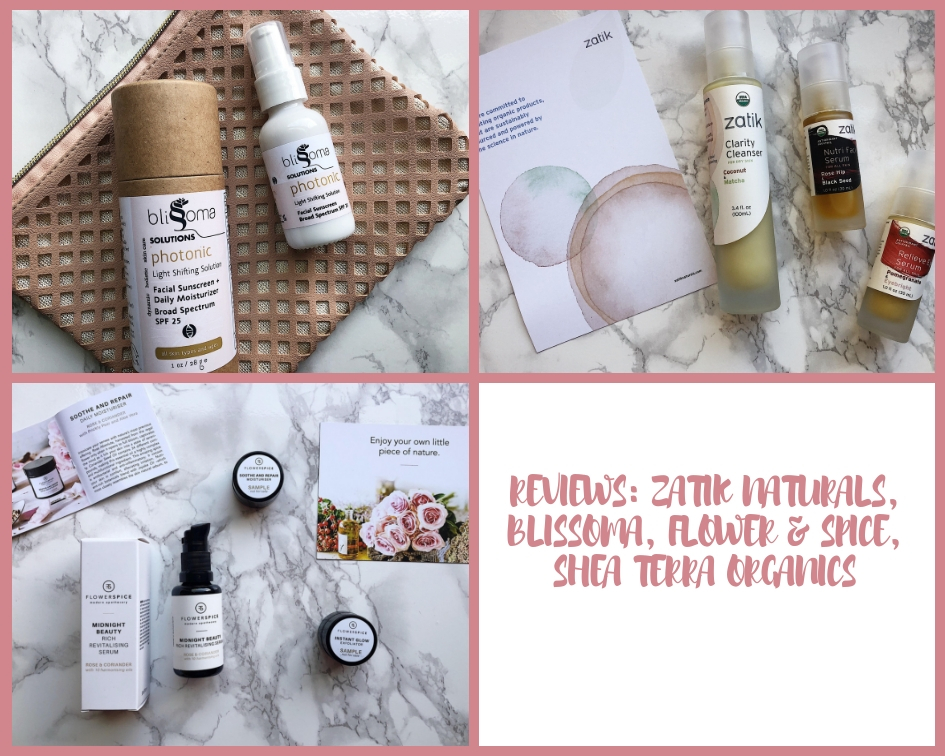
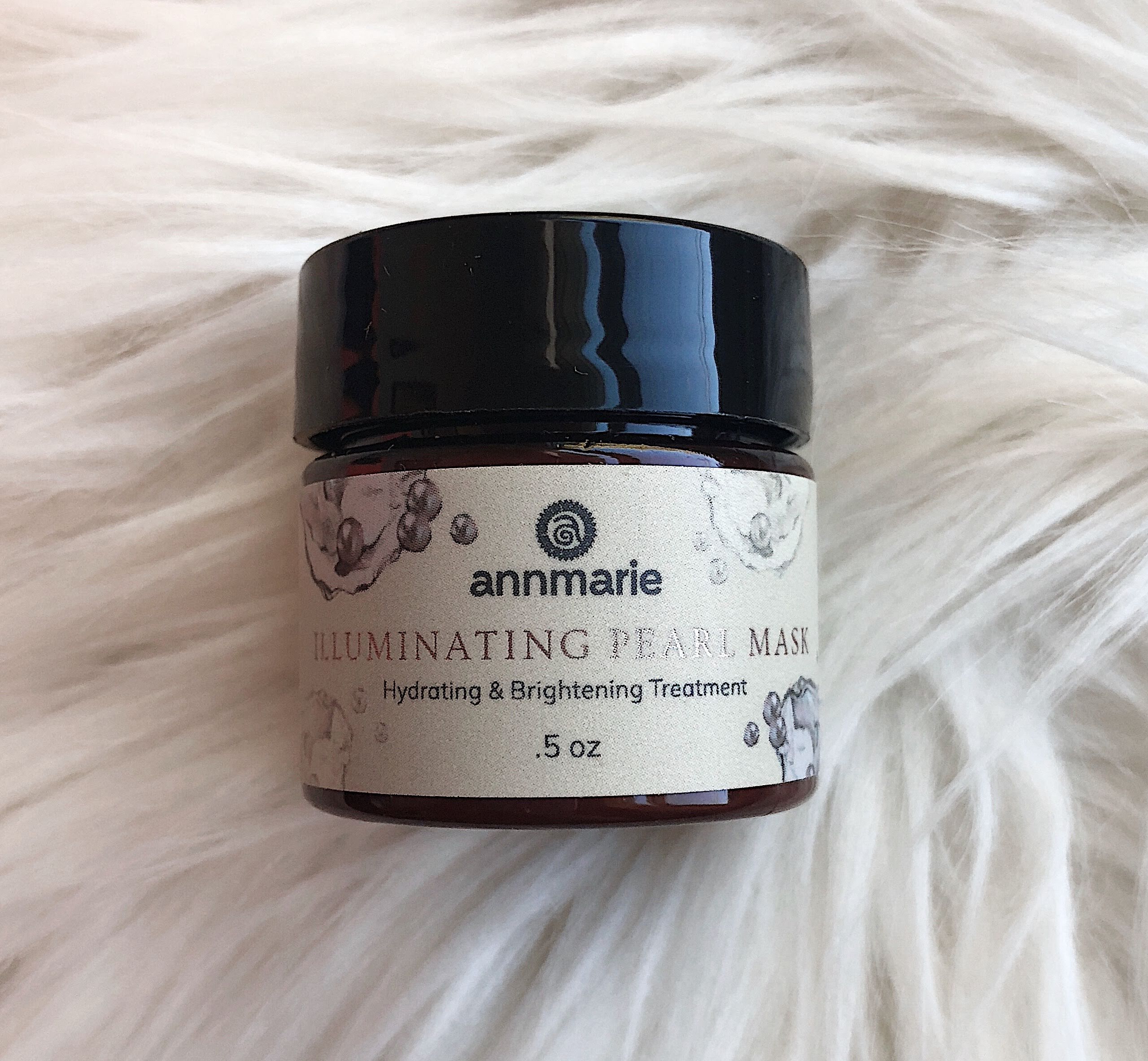
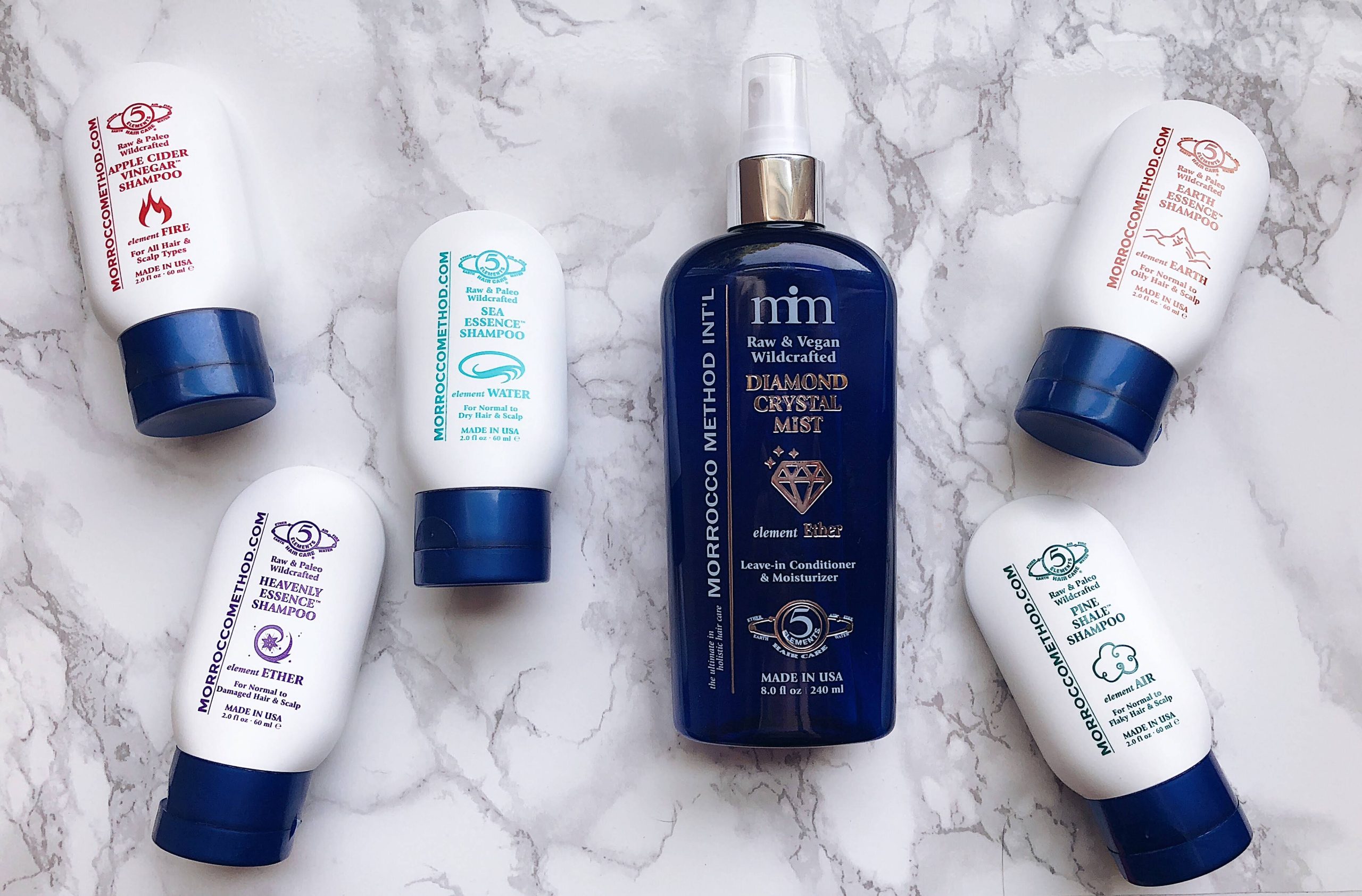
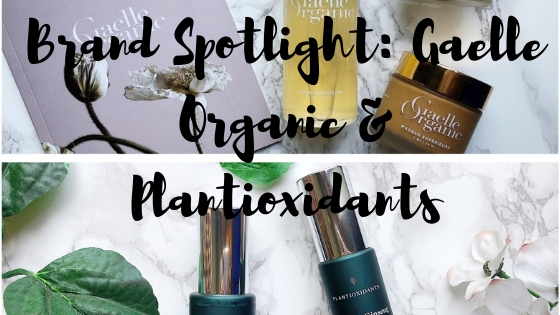

Comments +